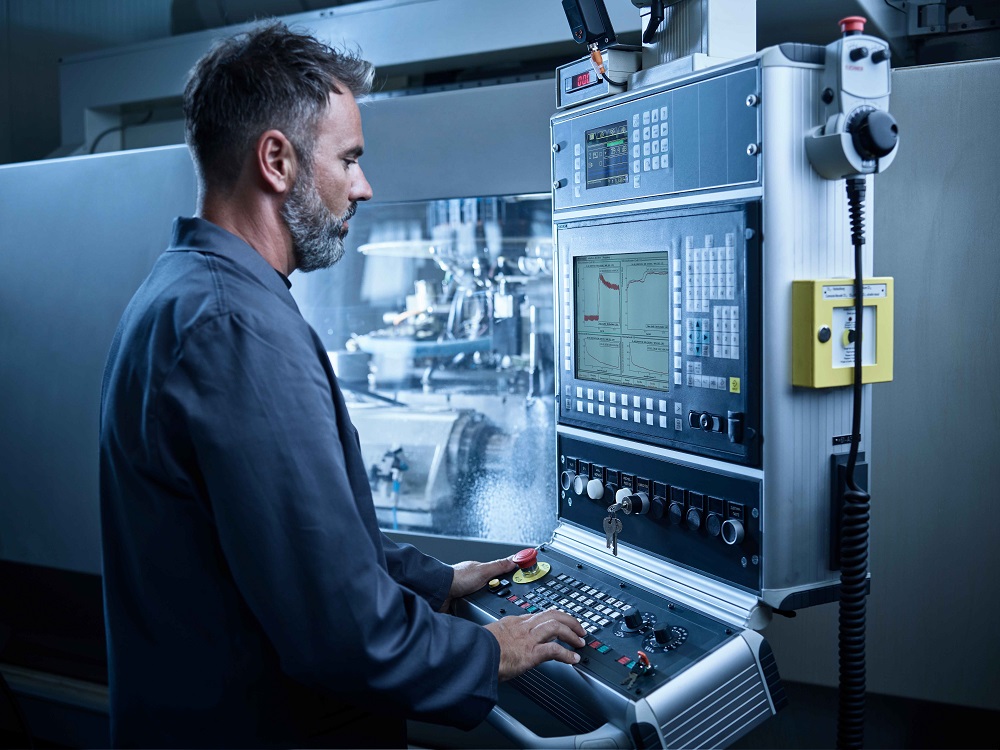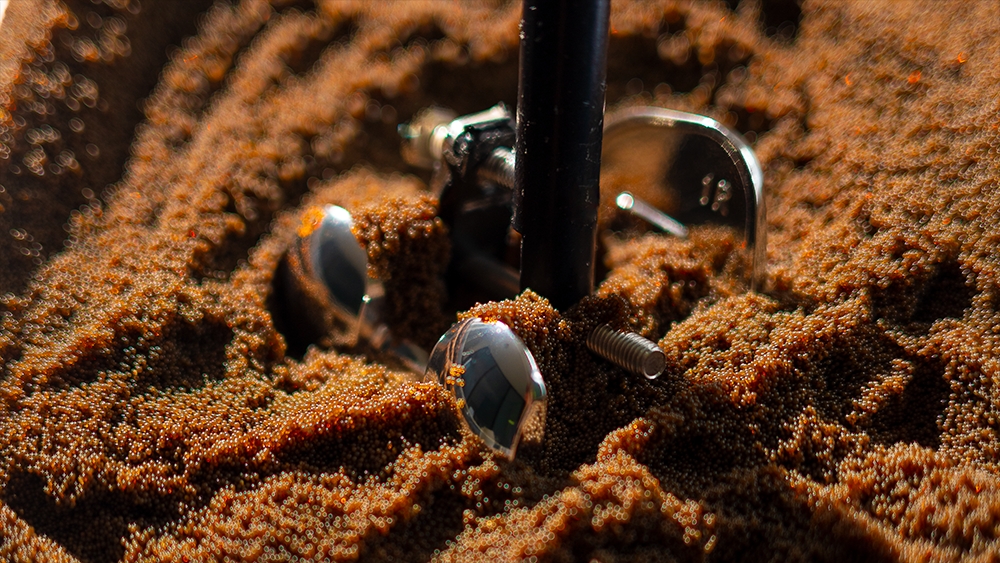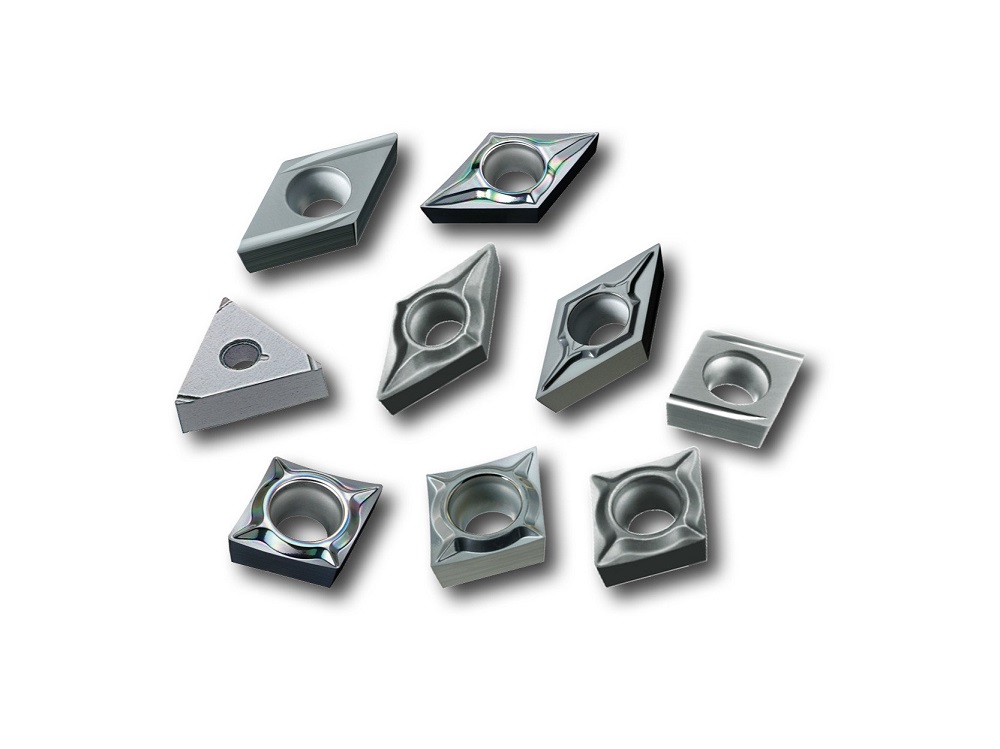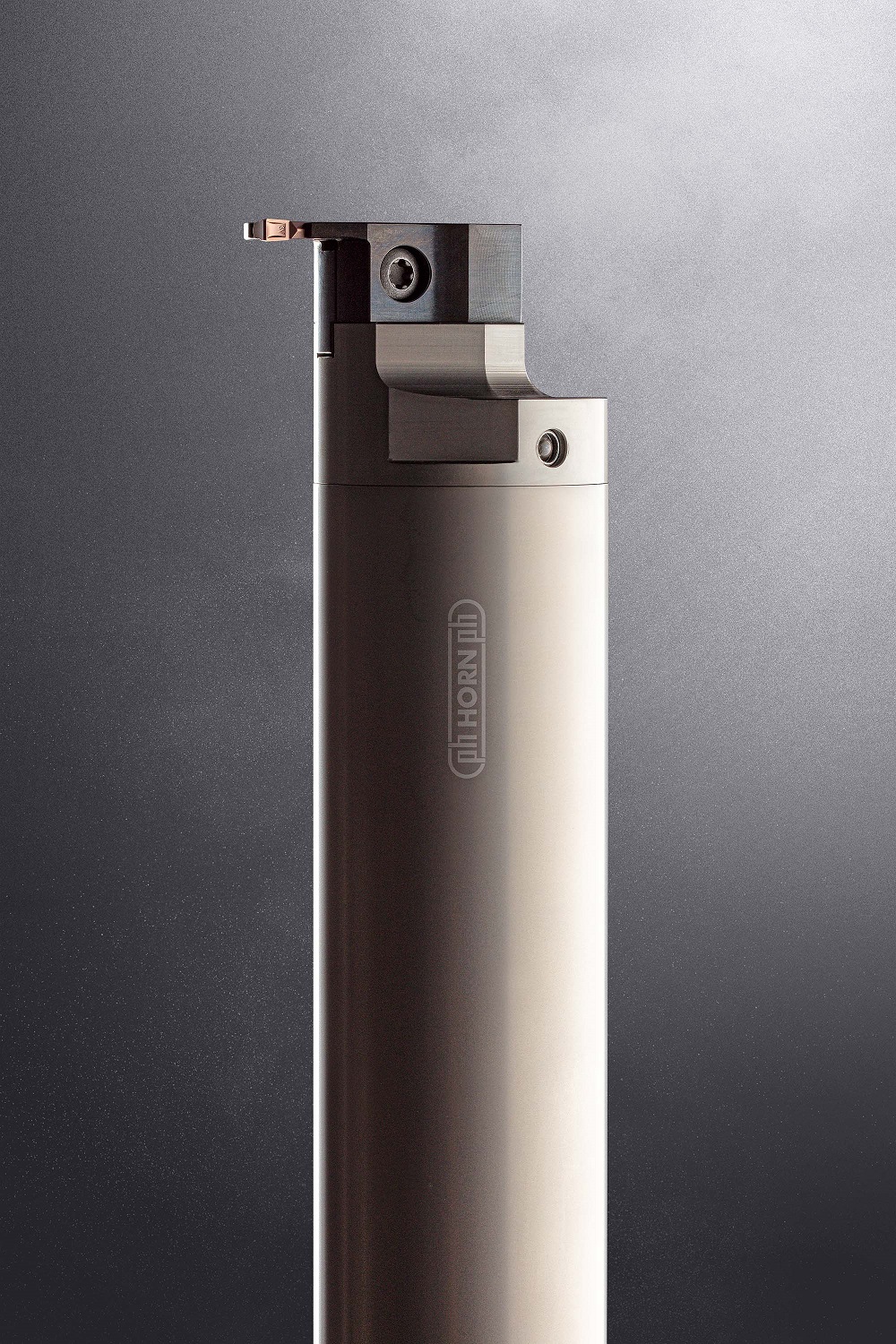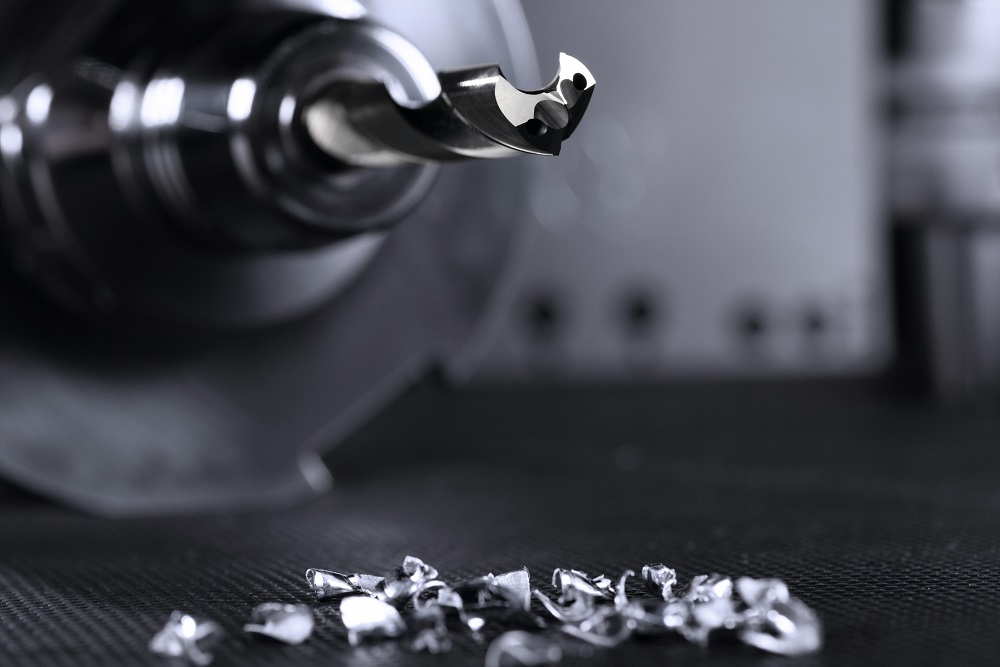Although it is understandable that consumable cost is often a target for savings, does the result justify the effort?With modern grinding machines costing anything up to £1m, the productivity or OEEof machinery and manpower can deliver multiple times the total consumable cost. Assuming the cost for a machine, labour and overhead is £150 an hour, how does this compare with consumable cost per hour? In recent tests using the latest generation of Viper wheels, Tyrolit was able to decrease cycle time by as much as 30%.
Considering consumable unit costs at approximately £25 each (Viper wheel) and machine platform at £150 per hour, a 30% time saving reduction is equal to £45, outweighing the cost of the consumable in just one hour.
Tyrolit says that its Toolscope modular assistance system is a revolutionary retrofit for any machine tool digitalisation project. The system creates measurable added value for customers through increased process transparency featuring numerous process options, such as OEE, collision detection, condition monitoring and more. This capability provides a window into machining practice and process, subsequently allowing customers to achieve consistent process quality by reducing scrap, downtime and cost.
As Tyrolit celebrates 25 years of partnership in the development of Viper grinding wheels, the introduction of a third generation is a complete game changer, reports he company. Tyrolit UK’s latest offering, the Viper Ultra Ceramic Hybrid wheel, uses its own ceramic blend but retains Tyrolit’s bond technology from its predecessors. Having only been on the market for 18 months, the results, its performance and the feedback from customers have been outstanding, reports Tyrolit.
For further information www.tyrolit.co.uk






